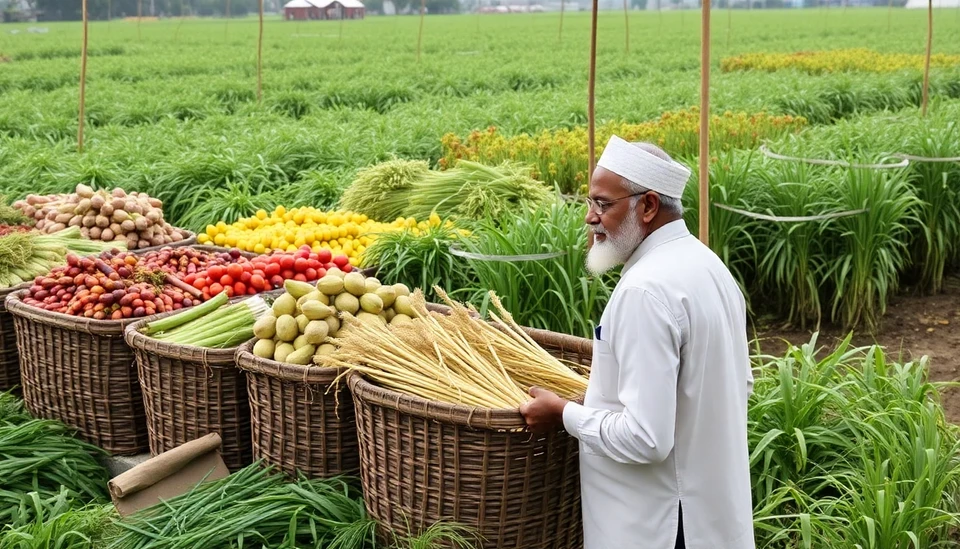
In a significant development in international trade relations, India is contemplating a reduction in tariffs on various agricultural products. This move comes as the United States has expressed considerable interest in renegotiating trade terms, aiming to foster a more favorable environment for American agricultural exports.
The discussions around tariff reductions reflect a broader context of economic diplomacy between the two nations, particularly as both countries seek to strengthen their economic ties. India, known for its protective measures on agriculture, has historically set high tariffs to shield local farmers from global market fluctuations. However, under increasing pressure from U.S. officials, the Indian government is reassessing its stance.
U.S. agriculture representatives have been vocal advocates for tariff changes, citing that lower tariffs could enhance American competitiveness in the Indian market. Products such as nuts, fruits, and dairy have been particularly highlighted in these discussions. U.S. officials argue that India's current tariff levels are unsustainably high and hinder American farmers' ability to capitalize on the growing Indian consumer market.
In response to these demands, Indian officials are exploring what a reduction could look like without compromising the interests of local farmers. The balance between global competitiveness and local economic stability remains a focal point in India's conversations as it navigates this complex landscape. Officials are keenly aware of the potential backlash from domestic agriculture groups, who may perceive such changes as threats to their livelihoods.
The re-evaluation of tariff strategies comes at a crucial time as both nations are eager to deepen their strategic partnership, especially amid geopolitical tensions in other parts of the world. Trade experts suggest that any substantial agreement could pave the way for increased collaboration on various fronts beyond agriculture, potentially including technology and manufacturing sectors.
As negotiations progress, the Indian government is expected to engage in consultations with local industry stakeholders to gauge the potential impacts of such tariff changes. The outcome of this process could lead to a significant shift in how agricultural trade is conducted between the two countries.
In summary, India's consideration of lowering agricultural tariffs highlights the dynamic nature of global trade and the influence of diplomatic negotiations. The forthcoming decisions will not only affect trade balances but may also define the future of U.S.-India relations in the ever-evolving global economy.
#India #USRelations #AgricultureTariffs #TradeNegotiations #EconomicDiplomacy
Author: Laura Mitchell




